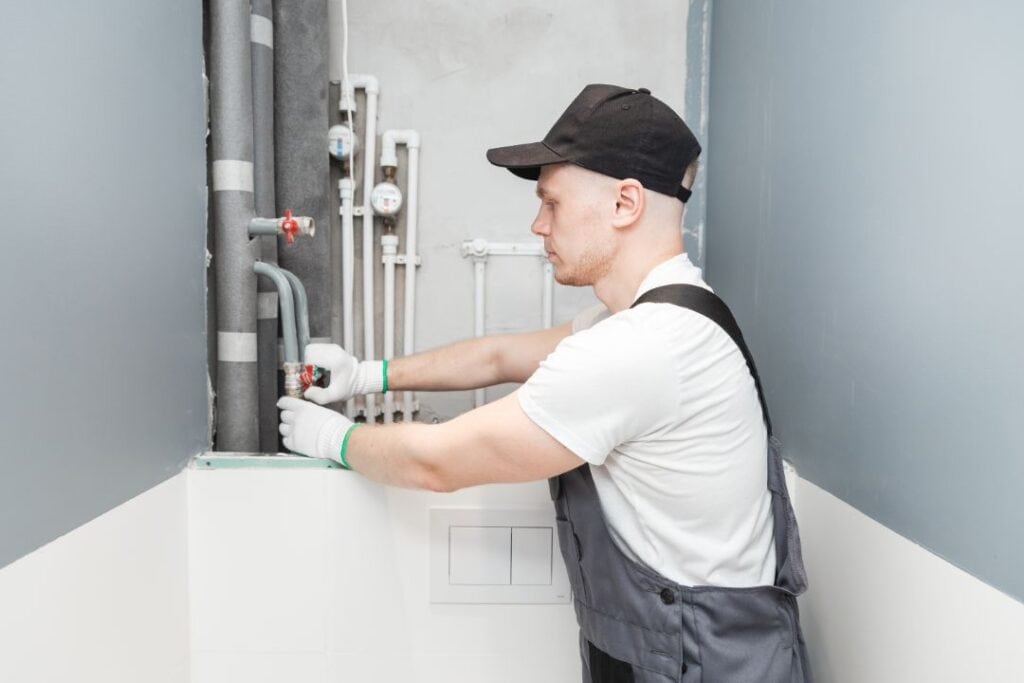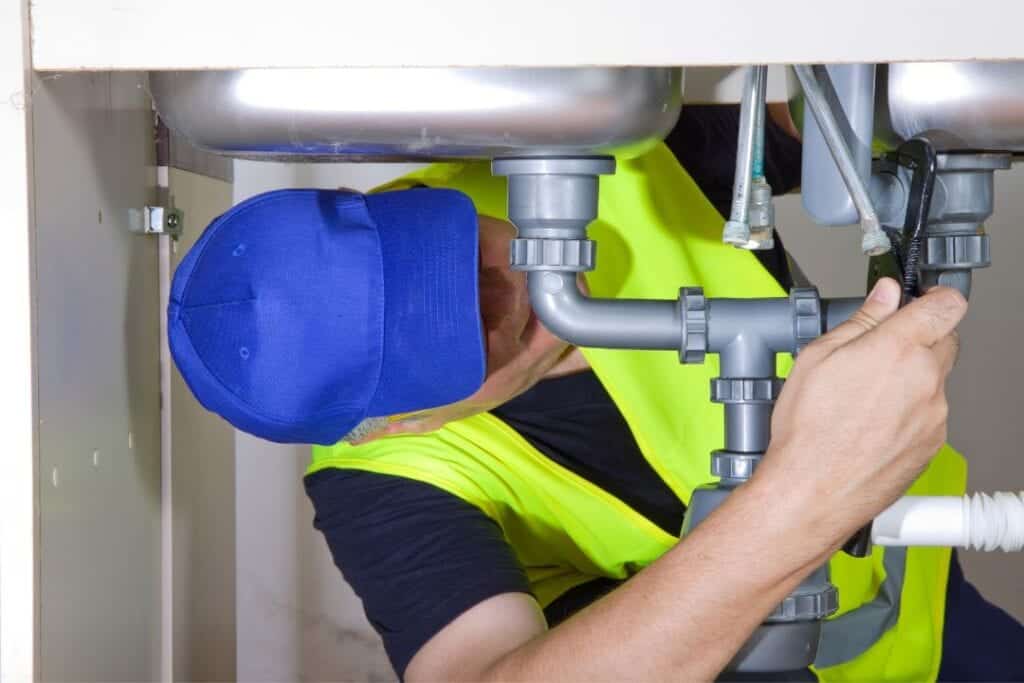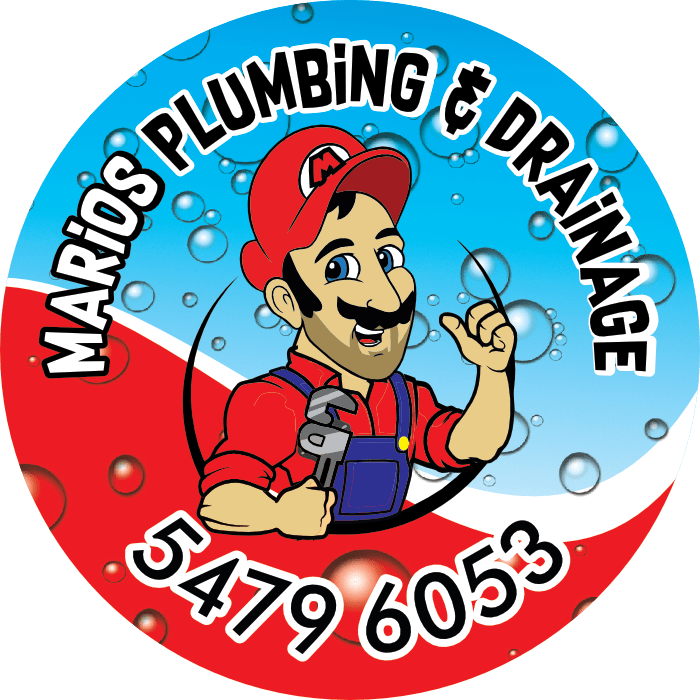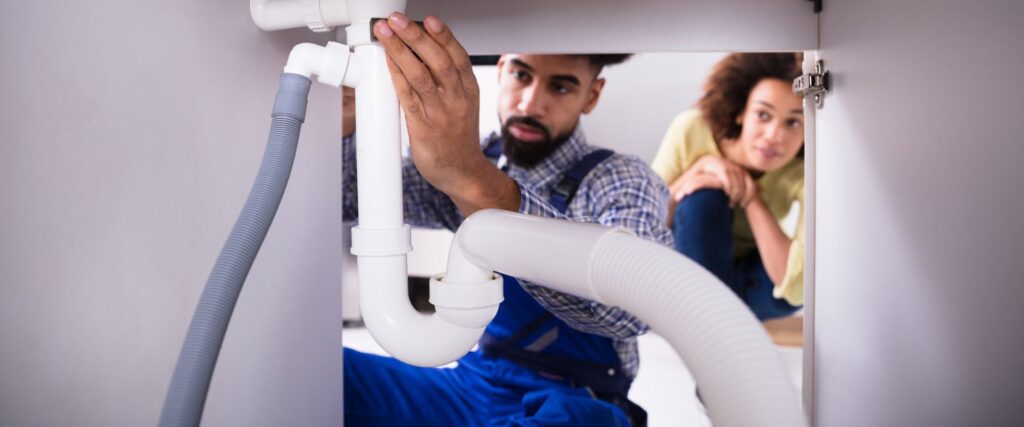Living on the Sunshine Coast offers many benefits, from stunning beaches to a relaxed lifestyle. However, like any region, homeowners here face specific challenges, especially when it comes to plumbing. From Caloundra to Noosa, residents often encounter common plumbing issues that can disrupt daily life and require immediate attention. One prevalent issue is the impact of coastal weather on plumbing systems. High humidity and occasional storms can lead to corrosion of pipes, causing leaks or even burst pipes. Additionally, the region’s sandy soil can contribute to shifting foundations, which may result in misaligned pipes or blockages. Understanding these challenges can help Sunshine Coast residents be proactive in maintaining their plumbing systems, ensuring that minor issues don’t escalate into costly repairs. In this blog series, we’ll delve into these common problems, providing tips and solutions to help homeowners navigate and mitigate plumbing issues effectively.
Leaky Taps and Faucets: A Costly Drip

Leaky taps and faucets are not just annoying; they can also lead to significant water wastage and higher utility bills. In Sunshine Coast homes, where water conservation is crucial due to environmental factors, addressing these issues promptly is essential. Let’s explore the common causes of leaky taps, how to diagnose the problem, and what homeowners can do to fix them.
Understanding the Causes of Leaky Taps
Leaky taps can stem from various underlying issues. One common cause is worn-out or damaged internal components, such as washers, O-rings, or seals. Over time, these parts can deteriorate due to constant use or mineral deposits in the water, causing leaks to develop.
Another frequent cause is loose or improperly fitted parts. Even a slight misalignment can cause water to escape through gaps around the faucet, resulting in that persistent drip.
Diagnosing the Problem
Identifying a leaky tap is usually straightforward. If you hear a steady drip or notice water pooling around the base of the faucet, it’s likely you have a leak. Sometimes, leaks can be silent, so checking under sinks for any signs of moisture or mold growth is also advisable.
Fixing Minor Leaks
For homeowners handy with tools, fixing minor leaks can often be done as a DIY project. Here’s a step-by-step guide: Turn Off the Water: Before starting any repairs, shut off the water supply to the affected tap. You can usually find the shut-off valve under the sink. Disassemble the Faucet: Use a screwdriver to carefully remove the handle and expose the internal components. Place a towel in the sink to catch any dropped parts and prevent damage. Inspect and Replace Parts: Check the condition of washers, O-rings, and seals. If you notice any wear or damage, replace these components with new ones. Take the old parts to your local hardware store to ensure you get the correct replacements. Reassemble and Test: Once you’ve replaced the necessary parts, carefully reassemble the faucet. Turn the water supply back on and test the faucet for leaks. If the leak persists, you may need to seek professional assistance.
When to Call a Professional Plumber
While some leaky taps can be fixed with basic DIY skills, others may require the expertise of a professional plumber. Here are signs that it’s time to call in the experts: Complex Faucet Designs: Modern faucets, especially those with intricate designs or built-in filtration systems, may require specialized knowledge and tools for repair. Persistent Leaks: If you’ve attempted DIY repairs and the leak persists, it could indicate a more significant issue such as corroded pipes or a faulty valve seat that needs professional attention. Older Plumbing Systems: Homes with older plumbing systems may have underlying issues contributing to leaky taps that require a thorough inspection by a plumber.
The Cost of Ignoring Leaky Taps
Ignoring a leaky tap can lead to more than just wasted water. Over time, the constant dripping can cause water stains, mold growth, and even structural damage to cabinets or flooring around the affected area. Additionally, leaky taps contribute to higher water bills, which can add up significantly if left unresolved.
Blocked Drains: How to Avoid a Backup

Blocked drains can be a significant inconvenience, causing unpleasant odors, potential water damage, and disruption to your daily routine. Fortunately, with a few proactive measures, you can prevent most drain blockages from occurring in the first place. Here are eight effective tips to help you maintain clear drains and avoid backups.
Dispose of Waste Properly
Improper disposal of waste is a common cause of blocked drains. Avoid rinsing cooking oils, grease, or coffee grounds down the sink as they can solidify and accumulate over time, leading to clogs. Instead, collect these materials in a separate container and dispose of them in the trash.
Use Drain Guards
Installing drain guards or strainers in your sinks, showers, and bathtub drains can help catch hair, soap residue, and other debris before they enter the pipes. Clean the drain guards regularly to prevent buildup and ensure they continue to effectively filter out potential blockage-causing materials.
Regularly Clean Drains
Regular maintenance is key to preventing blockages. Flush your drains periodically with hot water to help dissolve and wash away accumulated grease and soap scum. For a deeper clean, use a mixture of baking soda and vinegar followed by hot water. This natural solution can help break down organic materials clinging to pipe walls.
Be Mindful of What You Flush
Toilets are not garbage disposals. Flushing items like sanitary products, wet wipes, cotton balls, and even excessive toilet paper can lead to clogs in your sewer line. Dispose of these items in the trash to avoid potential backups and costly plumbing repairs.
Watch for Warning Signs
Pay attention to any early signs of drainage issues such as slow draining sinks, gurgling noises, or water backing up in your tub or toilet. Addressing these issues promptly can prevent them from escalating into full-blown blockages.
Garbage Disposal Mishaps: What Not to Grind
A garbage disposal is a convenient kitchen appliance that helps manage food waste efficiently. However, improper use can lead to costly repairs and plumbing issues. Understanding what should never go into a garbage disposal can extend its lifespan and prevent clogs and malfunctions. Let’s explore eight items that should never be ground in a garbage disposal to keep your kitchen running smoothly.
- 1. Grease, Oil, and Fats: Pouring grease, cooking oils, or fats down the garbage disposal can cause them to solidify and clog the drain pipes over time. Instead, collect these in a separate container and dispose of them in the trash.
- 2. Stringy Vegetables: Fibrous vegetables like celery, asparagus, and corn husks can wrap around the disposal blades and cause them to jam. It’s best to dispose of these in the trash or compost pile.
- 3. Eggshells: Despite common belief, eggshells can create tiny granular waste that can accumulate in pipes and contribute to clogs. Dispose of eggshells in the trash or use them in your garden as compost.
- 4. Coffee Grounds: Coffee grounds might seem harmless, but they can accumulate and form a sludgy paste that can clog pipes. Dispose of coffee grounds in the trash or use them as compost for your garden.
Conclusion
Understanding and addressing common plumbing issues on the Sunshine Coast can save you from significant headaches and expenses down the line. Whether it’s dealing with blocked drains, leaky pipes, or malfunctioning hot water systems, being proactive about maintenance and swift repairs is key to maintaining a smoothly running household or business. Regular inspections by qualified professionals like Mario’s Plumbing and Drainage can help identify potential issues before they escalate, ensuring your plumbing infrastructure remains reliable and efficient.
If you’re experiencing any plumbing concerns or simply want to schedule a maintenance check, don’t hesitate to reach out to Mario’s Plumbing and Drainage. Located in the heart of the Sunshine Coast, Queensland, our team is dedicated to providing prompt, professional service tailored to meet your specific needs. Contact us today at 07 5479 6053 to speak with one of our friendly experts and discover how we can help keep your plumbing in optimal condition. Your satisfaction and peace of mind are our priorities.


